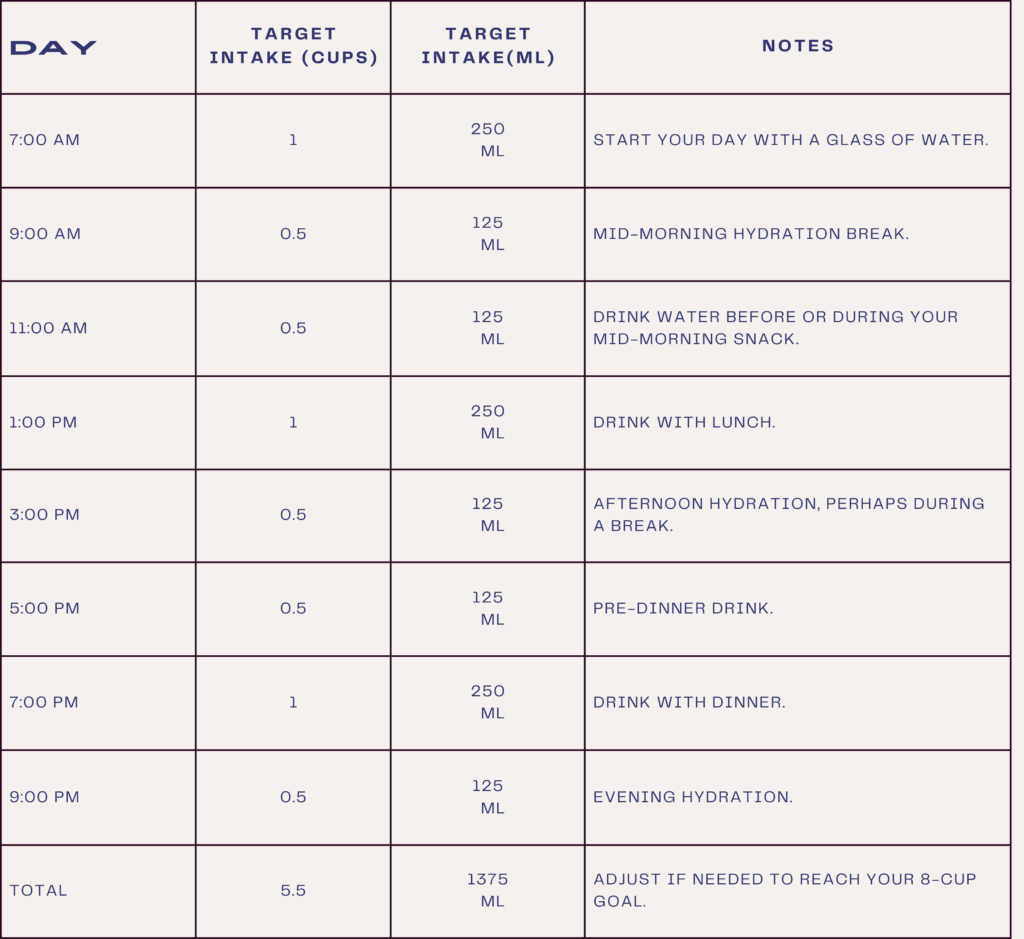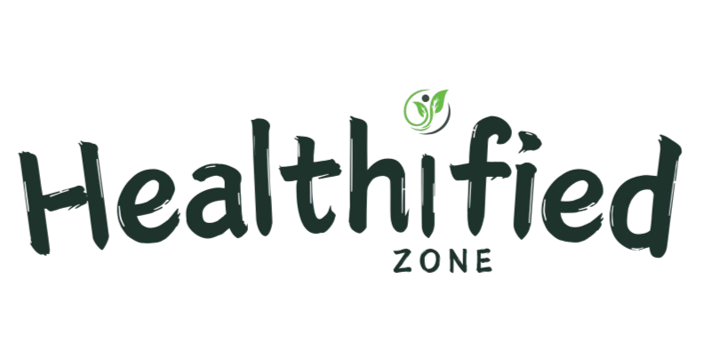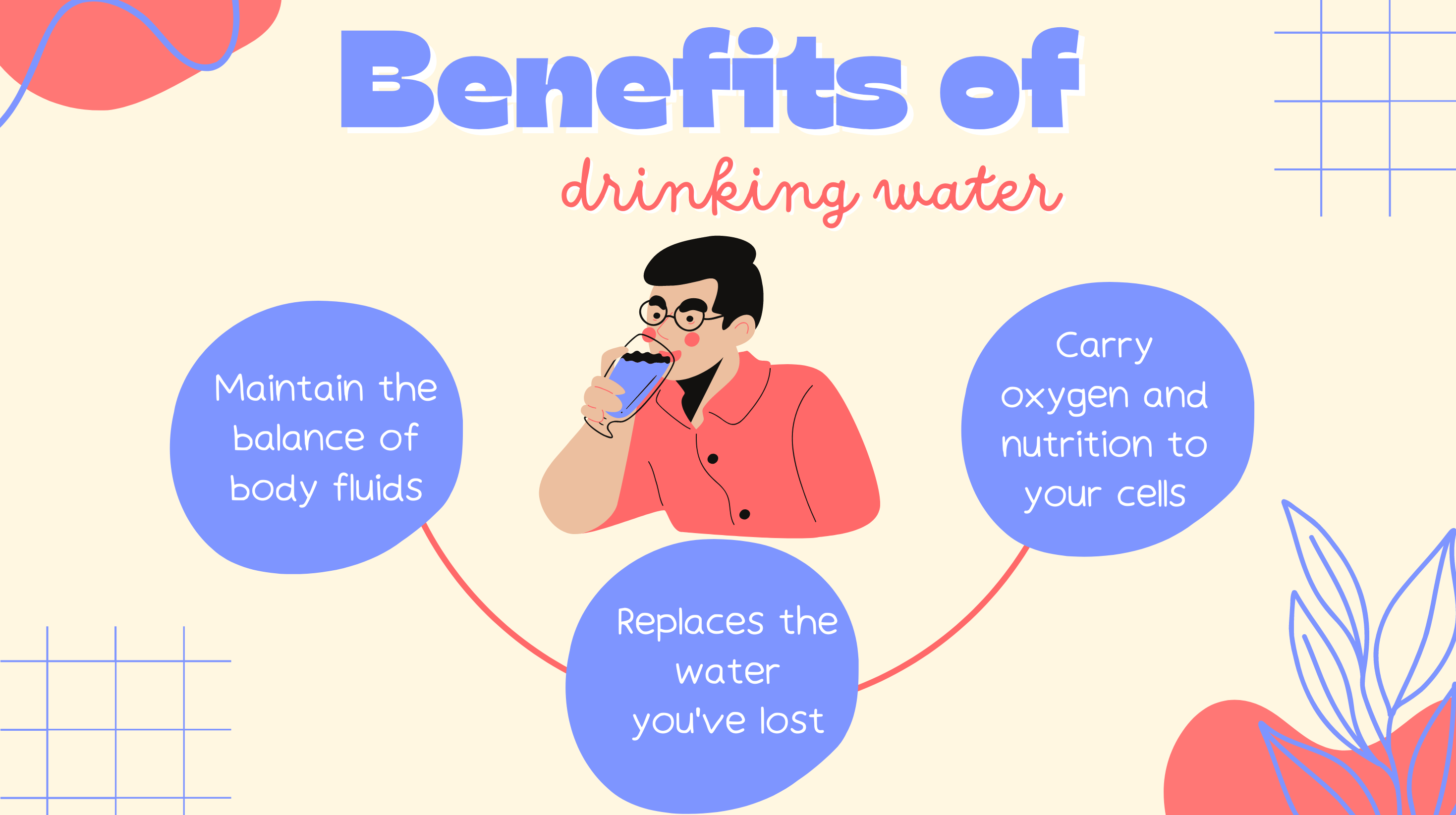Drinking water is crucial for maintaining overall health and well-being. Maintaining good drinking water habits is vital for overall health and well-being. Water plays a critical role in numerous bodily functions, including regulating body temperature, supporting digestion, and facilitating the absorption of nutrients.
Staying adequately hydrated ensures that these processes operate smoothly, contributing to optimal physical and cognitive performance.
Proper hydration helps prevent issues such as dehydration, constipation, and kidney problems, while also promoting healthy skin and joint function. By consistently drinking sufficient amounts of water, you support your body’s natural detoxification processes and maintain a balanced internal environment.
Importance of Drinking Water
- Regulates Body Temperature:
- Thermoregulation: Water helps maintain body temperature through sweating and respiration. Adequate hydration ensures your body can efficiently cool itself, preventing overheating.
- Supports Digestion and Nutrient Absorption:
- Digestive Function: Water is essential for digesting food and absorbing nutrients. It helps break down food so that your body can use it for energy and growth.
- Prevents Constipation: Adequate water intake helps to soften stool and supports regular bowel movements.
- Maintains Healthy Skin:
- Hydration: Proper hydration keeps your skin supple and elastic, reducing the appearance of wrinkles and dryness. It helps flush out toxins and improves overall skin texture.
- Promotes Kidney Function:
- Waste Removal: Water aids in the removal of waste products through urine. Adequate hydration prevents the formation of kidney stones and urinary tract infections by diluting urine and reducing strain on the kidneys.
- Supports Joint Health:
- Lubrication: Water helps lubricate joints and maintain their function. Proper hydration can help prevent joint pain and stiffness.
- Boosts Cognitive Function:
- Mental Clarity: Dehydration can impair concentration, alertness, and short-term memory. Staying hydrated helps keep cognitive functions sharp and supports overall mental performance.
- Enhances Physical Performance:
- Exercise Efficiency: Water is essential for optimal physical performance. It helps prevent fatigue, maintains endurance, and supports recovery during and after exercise.
Problems with Insufficient Water Intake
- Dehydration Symptoms:
- Physical Symptoms: Mild dehydration can cause symptoms such as dry mouth, fatigue, dizziness, and headaches. Severe dehydration can lead to more serious issues like confusion, rapid heartbeat, and fainting.
- Digestive Issues:
- Constipation: Lack of water can lead to constipation as the intestines absorb more water from waste, resulting in hard and dry stools that are difficult to pass.
- Kidney Problems:
- Kidney Stones: Insufficient water intake increases the risk of kidney stones by allowing minerals to concentrate and form solid masses in the kidneys.
- Urinary Tract Infections: Dehydration can lead to urinary tract infections as there is less urine to flush out bacteria.
- Skin Health Issues:
- Dry Skin: Dehydration can result in dry, flaky skin and can exacerbate conditions such as eczema and psoriasis.
- Reduced Physical Performance:
- Decreased Endurance: Inadequate hydration can impair physical performance, leading to decreased strength, stamina, and coordination during exercise.
- Cognitive Decline:
- Impaired Focus: Dehydration can negatively affect concentration, mood, and cognitive abilities, making tasks feel more difficult and less efficient.
- Risk of Overheating:
- Heat Stress: Insufficient water intake can impair your body’s ability to regulate temperature, increasing the risk of heat stress or heatstroke, especially during hot weather or intense physical activity.

Follow-up chart to maintain water drinking habits
To effectively improve your water intake, integrating specific strategies into your daily routine can make a significant difference. Here’s a detailed look at various strategies to help you stay hydrated:
1. Set Specific Goals
Why It Helps:
- Clear Targets: Setting a daily water intake goal provides a concrete target to aim for, making it easier to track progress and stay motivated.
How to Implement:
- Calculate Needs: Use the general guideline of 8 cups (2 liters) per day as a starting point, but adjust based on your body weight, activity level, and climate. For example, more active individuals or those in hotter climates might need more.
- Daily Tracking: Use a water-tracking app or a simple journal to record your daily intake. Some apps offer reminders and can help you monitor your progress throughout the day.
2. Use Hydration Aids
Why It Helps:
- Visual Cues: Water bottles with time markers or apps provide visual reminders and track your intake, making it easier to ensure you’re drinking enough.
How to Implement:
- Time-Marked Bottles: Purchase a water bottle that has time markers indicating how much water you should drink by certain times of the day. This can help pace your intake throughout the day.
- Hydration Apps: Download apps like MyWater, WaterMinder, or Hydro Coach. These apps can set reminders, track your intake, and provide insights into your hydration habits.
3. Integrate Hydration into Routine
Why It Helps:
- Habit Formation: Associating water consumption with existing habits makes it easier to remember to drink throughout the day.
How to Implement:
- Before Meals: Drink a glass of water before each meal. This not only helps with hydration but can also aid digestion and help you recognize hunger cues more accurately.
- Scheduled Breaks: Set specific times during the day for water breaks, such as during work breaks or after finishing a task.
4. Eat Water-Rich Foods
Why It Helps:
- Supplemental Hydration: Foods with high water content contribute to your overall hydration and can be a refreshing way to meet your fluid needs.
How to Implement:
- Incorporate Fruits and Vegetables: Include foods like cucumbers, lettuce, watermelon, strawberries, oranges, and celery in your meals and snacks.
- Hydrating Recipes: Prepare soups, stews, and smoothies that not only provide hydration but also offer additional nutrients.
5. Carry a Reusable Water Bottle
Why It Helps:
- Constant Availability: Having a water bottle with you at all times ensures that you can drink water whenever you need to, which helps in meeting your hydration goals.
How to Implement:
- Choose the Right Bottle: Select a bottle that suits your lifestyle—whether it’s a large bottle for the office or a compact one for your bag.
- Refill Frequently: Make it a habit to refill your bottle throughout the day. Consider keeping a spare bottle in your car or desk.
6. Monitor and Adjust Intake Based on Activity and Environment
Why It Helps:
- Adaptability: Adjusting your water intake based on physical activity and environmental conditions helps prevent dehydration and ensures adequate hydration.
How to Implement:
- Increase Intake During Activity: Drink extra water before, during, and after exercise. Consider electrolyte drinks for prolonged or intense workouts.
- Adjust for Weather: Drink more water in hot or humid conditions, as you’ll lose more fluids through sweating. In cold weather, you might not feel thirsty but still need to stay hydrated.
7. Involve Others and Make it Social
Why It Helps:
- Accountability and Support: Sharing your hydration goals with others can create a support system and make the process more enjoyable.
How to Implement:
- Buddy System: Find a friend or family member who also wants to improve their hydration and check in with each other regularly.
- Hydration Challenges: Participate in or create challenges where you and others track and compare your daily water intake.
By adopting these detailed strategies, you can develop a more consistent and effective approach to staying hydrated, even with a busy lifestyle. Integrating these practices can help make hydration a seamless part of your daily routine.

